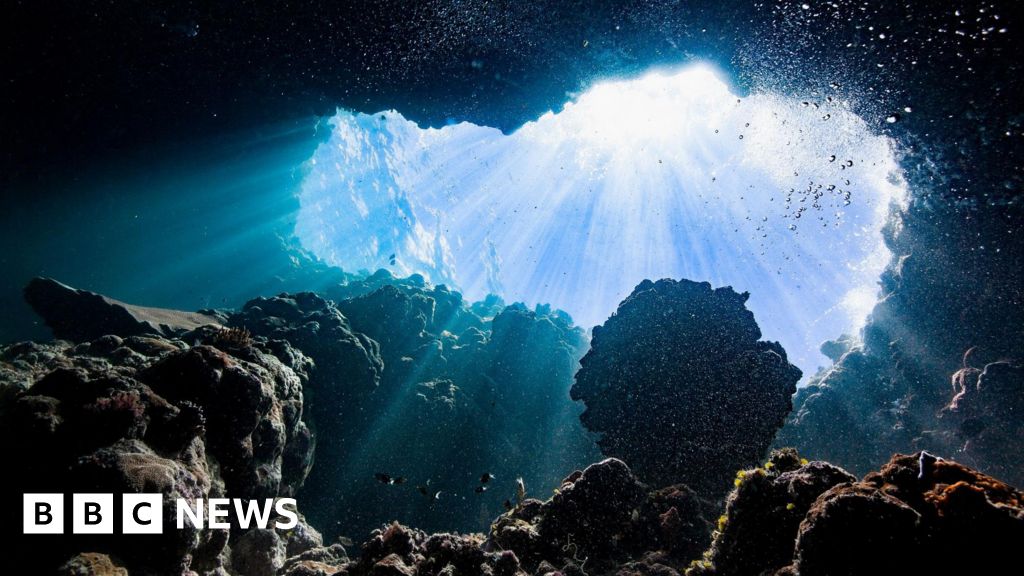- cross-posted to:
- [email protected]
- [email protected]
- [email protected]
- cross-posted to:
- [email protected]
- [email protected]
- [email protected]
Scientists have discovered “dark oxygen” being produced in the deep ocean, apparently by lumps of metal on the seafloor.
About half the oxygen we breathe comes from the ocean. But, before this discovery, it was understood that it was made by marine plants photosynthesising - something that requires sunlight.
Here, at depths of 5km, where no sunlight can penetrate, the oxygen appears to be produced by naturally occurring metallic “nodules” which split seawater - H2O - into hydrogen and oxygen.
Several mining companies have plans to collect these nodules, which marine scientists fear could disrupt the newly discovered process - and damage any marine life that depends on the oxygen they make.



How do you know that before further studies can verify how much the nodules are contributing to the earth’s oxygen levels?
I know that for two reasons: first, we already know that oxygen concentration in the deep ocean is generally pretty low compared to the surface, and second we can already account for the general composition of our atmosphere. There just isn’t a big chunk of mystery oxygen who’s source we can’t identify.
While it’s not impossible that we’re mistaken and a bunch of it is coming from somewhere other than where we expect, it’s sufficiently unlikely that I’m comfortable making such statements I told and unless presented with evidence to the contrary.
The question posed was not what the impact would be if this source of oxygen were mined, and thus no longer contributing oxygen. The question was whether or not we could replicate this on the surface as a source of oxygen.
The answer is that it simply is not necessary. We have plenty of oxygen, what we need are means to sink CO2, which electrolysis does not do.